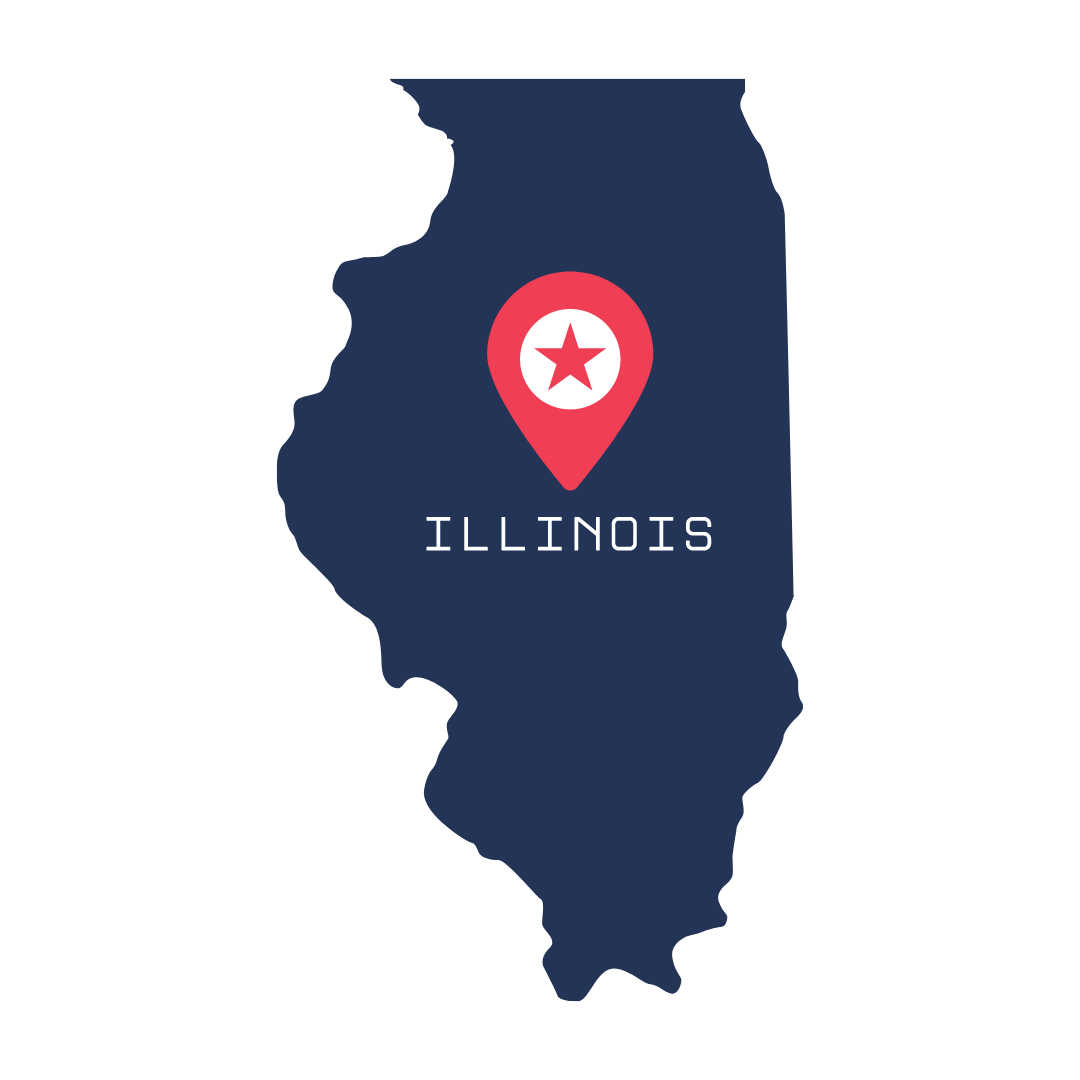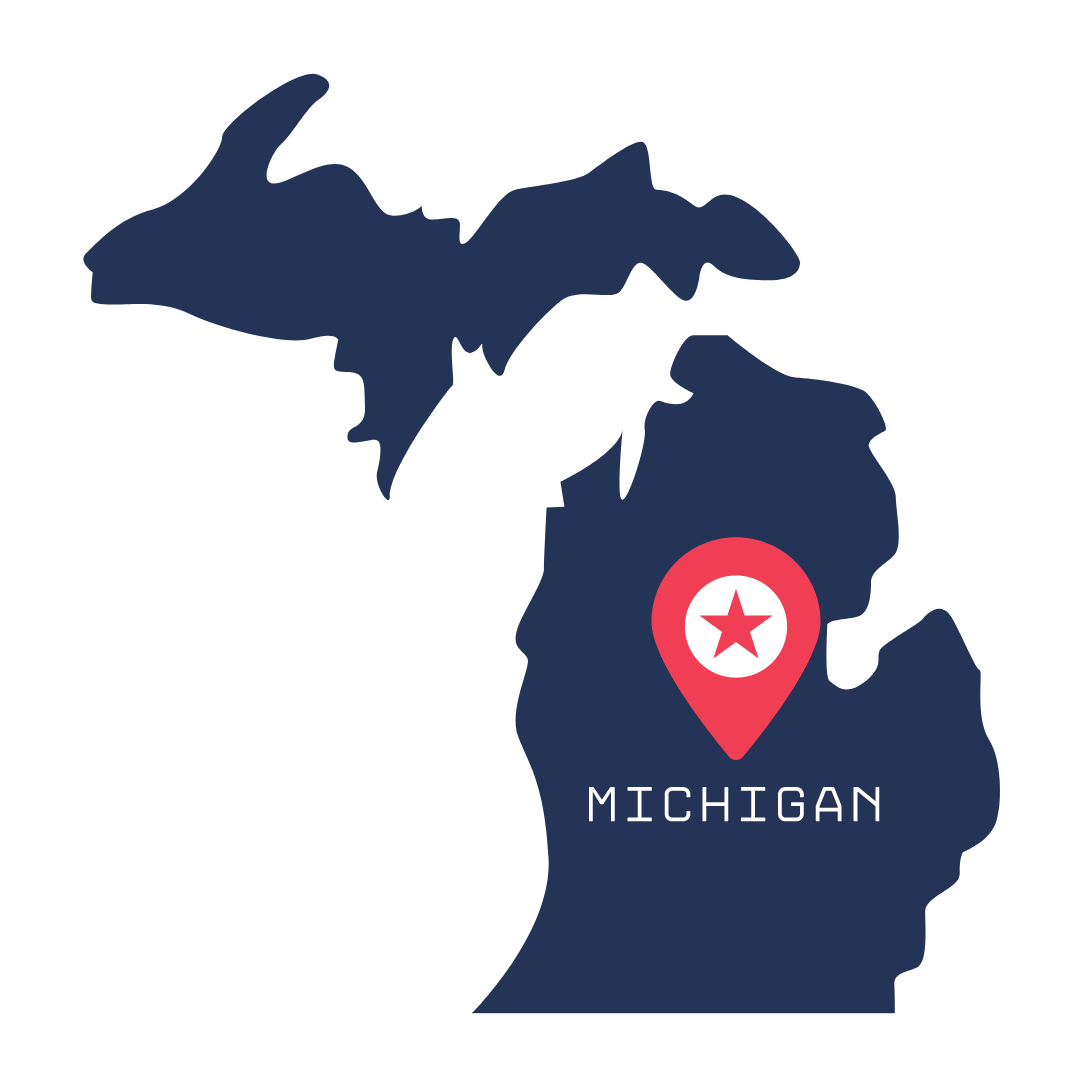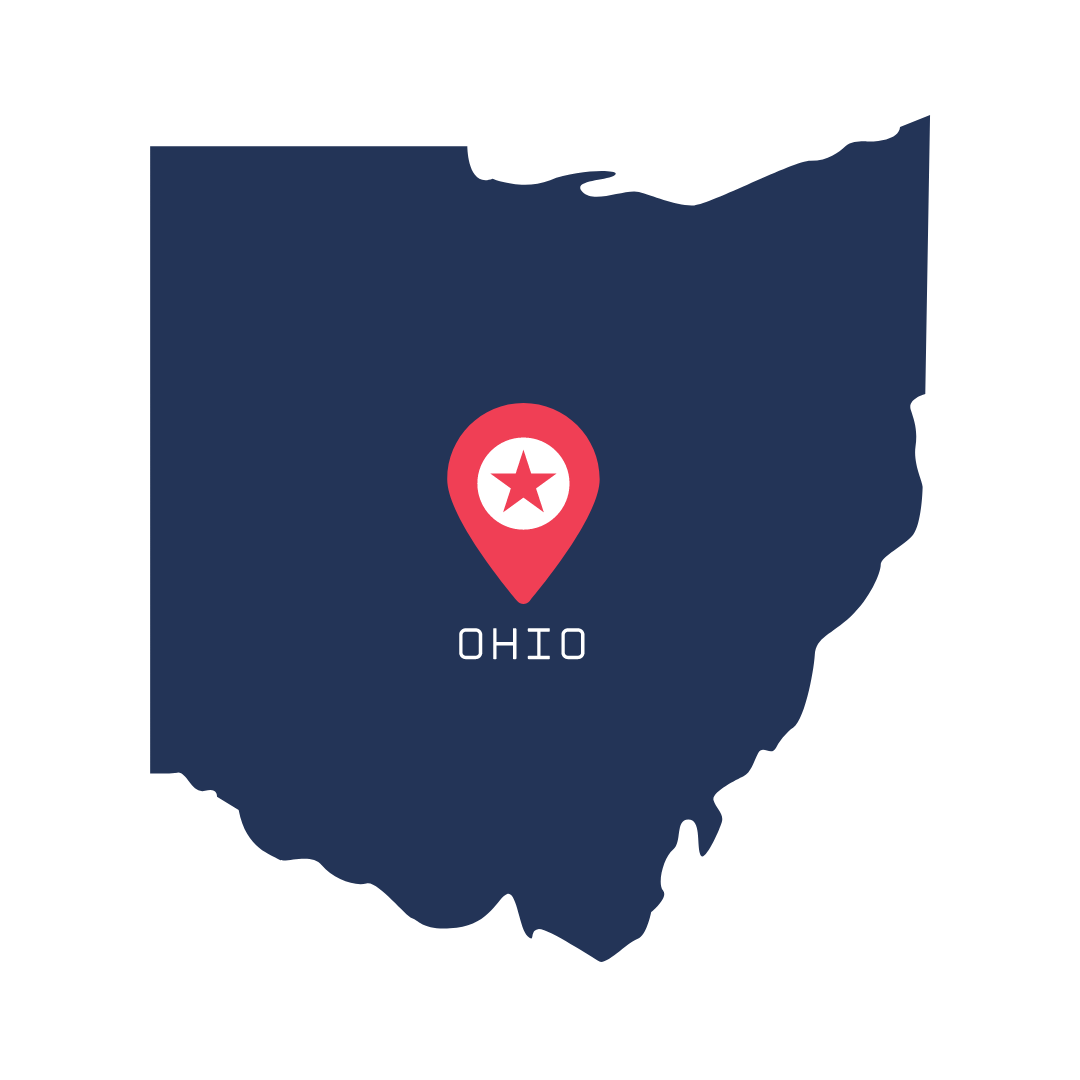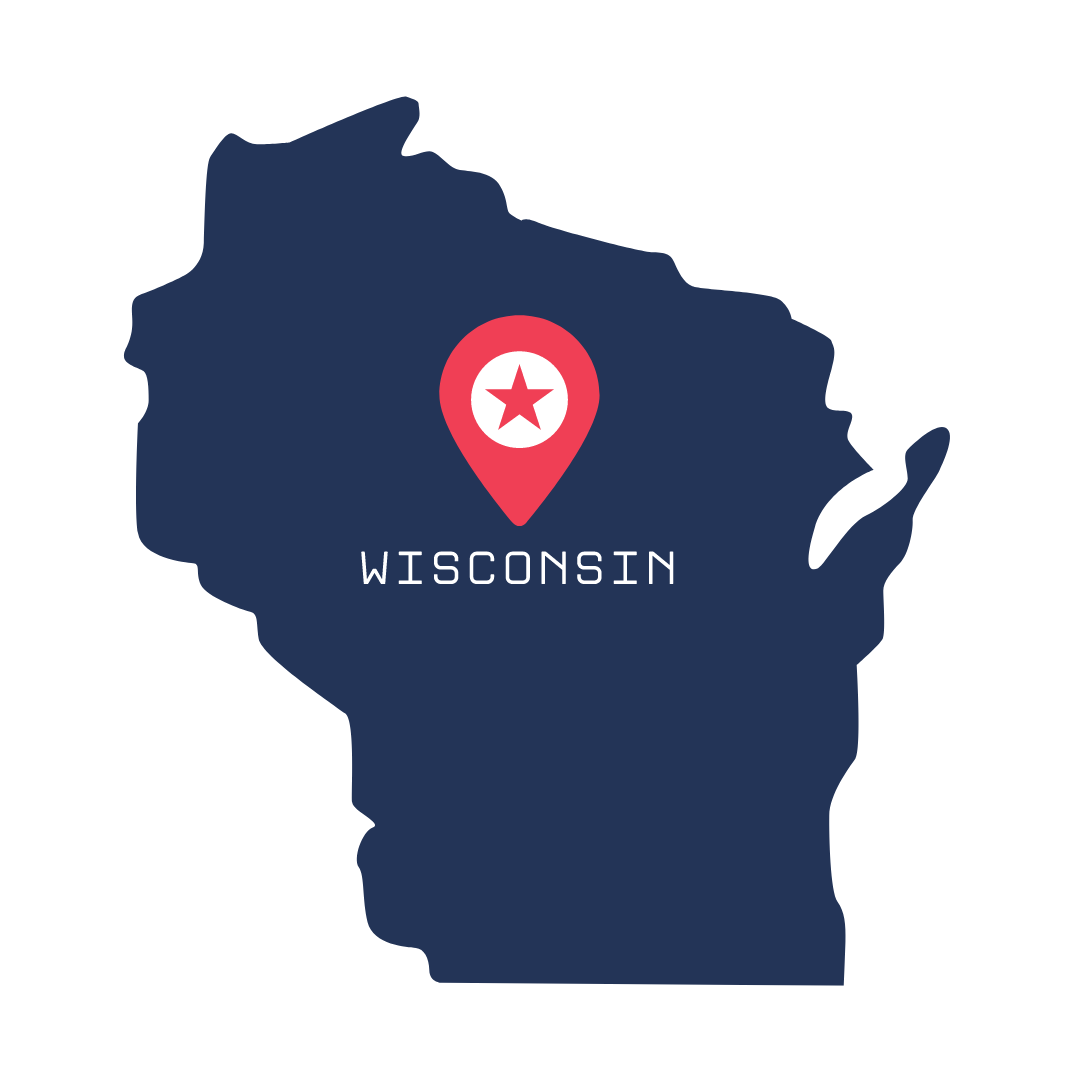

Title II – Accessibility for State and Local Government Funded Facilities
Adaptive Karate; Knowledge of the Mind, Honesty of the Heart, & Strength of the Body
Crisis Intervention, Autism, and Developmental Disabilities: Considerations for De-escalation
Special Session! New ADA Title II Regulations for Websites and Mobile Apps

This year marks the 25th anniversary of a groundbreaking moment in disability rights and American history, the Supreme Court’s landmark case Olmstead v. L.C. This legal decision, often called the "Olmstead Decision", held that unjustified segregation of people with disabilities into institutions was discrimination. This case was also an influential moment in women’s history, because at the center of the case was a powerful trio of women: Lois Curtis, Elaine Wilson, and Sue Jamieson. Learn more about these women and the role they played in the U.S. Department of Labor's Blog They Persevered: Honoring Three Georgia Women Behind the Landmark Olmstead Decision.
Check out our Olmstead Decision Legal Brief for more examples of how this decision continues to make a difference and join us for our June 25, 2024 ADA Legal webinar, Celebrating the 25th Anniversary of the Olmstead Decision: From Segregation to Inclusion in the Community.

The LGBTQ+ community and the disability community intersect in significant ways. Research from the Movement Advancement Project estimated that 3 to 5 million LGBTQ+ people live with one or more disabilities. One in four lesbian, gay, and bisexual adults in the U.S. have a disability, and two in five transgender adults have a disability.
People who identify as LGBTQ+ and people with nonvisible disabilities can both share in the experience of letting others know about their respective identities or diagnoses. In the LGBTQ+ community, it is called "coming out" whereas in the disability community, we would call it "disclosure." This is not always an easy decision because of the uncertainty about whether sharing this information will lead to acceptance or discrimination.
This month, we are highlighting these specific resources in support of LGBTQ+ People with Disabilities:
Learn more about the intersection of LGBTQ and disability.

70 Years Later: Black Students with Disabilities
This year during the commemoration of the 70th anniversary of the landmark Brown v. Board of Education decision, it is important to reflect on its complex legacy and ties to disability rights. While the 1954 ruling sought to dismantle the legal framework of racial segregation and promised equal educational opportunities for all, its implementation often overlooked the unique needs of Black students with disabilities.

US Transit Systems to Receive Federal Funding to Make Rail Stations Accessible
Eight transit systems in eight states, including Ohio, will receive a total of $343 million in federal funding to make rail stations more accessible and in line with the ADA standards. Updates will include installing elevators, renovating platforms for level boarding, improving signage, and enhancing visual and audio systems.

Six states, including Minnesota and Ohio, have been selected to participate in the Disability Inclusive Workforce Policy Learning Collaborative. Their goal is to develop plans to expand employment and training opportunities for people with disabilities.

Disney Fans Are Pushing Back on New Disability Access Restrictions
Disney fans with disabilities say the company’s new restrictions on a system that previously allowed people with many kinds of disabilities to avoid standing in long lines for rides have now excluded many disabled people who previously had access to it. The new rules limit the service to only people with a “developmental disability such as autism or a similar disorder.”

Sunflower Accessibility Program Featured at O’Hare and Midway Airports
Travelers with invisible disabilities passing through O’Hare and Midway International Airports can now discreetly signal that they need assistance through a new Chicago Department of Aviation partnership. The goal is to create more accessible and inclusive spaces for travelers with hidden disabilities.
Illinois Students with Intellectual Disabilities Transitioning into Adulthood
Northern Public Radio's 3-part series explores what happens when students with intellectual disabilities transition into adult life after high school:
Part 1: How Illinois High Schools Help Students with Intellectual Disabilities Transition To Adult
Part 2: When Illinois Adults with Intellectual Disabilities Seek Care, They Often Wait Years
Part 3: What College Options Do Students with Intellectual Disabilities Have In Illinois?

NEW PathWays Program for Aging
On July 1, Indiana will launch PathWays for Aging for Medicaid-enrolled Hoosiers over 60, replacing the Aged and Disabled waiver. Concerns have been raised about undefined caregiving tiers and reduced care hours, however, the administration has assured Hoosiers the changes would clarify skilled respite care and caregiving tiers. The Centers for Medicare and Medicaid Services have approved the PathWays waiver for five years.
Hoosier Veterans: How to Navigate the VA Health Benefits Process
Hoosier Veterans can use this guide to learn more about the claims process for service-connected physical or mental conditions and local resources to navigate it. The article covers how to make a claim, what to do if your claim is denied and more.

Access to Voting: Transportation Survey
People with disabilities are more than three times more likely to name transportation problems as a reason they did not vote. Disability Rights Michigan wants to hear about experiences with this issue via a confidential survey.
Kalamazoo Theaters Work Together to Make Performances Accessible for All
Queer Theater Kalamazoo had an ASL interpreter at a performance for the first time as a result of Theatre Kalamazoo's new focus on accessibility. The theater consortium started by promoting sensory-friendly performances before the pandemic and then added ASL and audio description in 2022.

$2 Million for Inclusive Higher Education for Students with Intellectual Disabilities
Minnesota Legislature allocated $2 million over two years to fund a technical assistance center and Inclusive Higher Education Grants which Minnesota colleges can apply for. The proposal submission deadline is July 25, 2024.
Minnesota Legislature 2024 Session End: Gains for the Disability Community
Amongst the losses such as the failure to eliminate subminimum wages paid to people with disabilities, there were many gains for the disability community in the 2024 legislative session. Many of NAMI and the Mental Health Legislative Network's priorities passed. Other passed measures included accessible prescription bottle labeling, a first-of-its-kind law to promote teacher training on the disability justice movement, and more!

Pathways for Pops: Helping Dads of Children with Developmental Disabilities
The Down Syndrome Association of Northeast Ohio is helping fathers of children with DD feel supported, included and empowered. Funding for this program has been provided by a state grant from the Ohio Department of Developmental Disabilities.
Dangerous Inaction: Youngstown’s Youth Intensive Services (YIS) Report
After troubling discoveries during a routine monitoring visit in October of 2022, Disability Rights Ohio (DRO) began a 16-month investigation into YIS, which provides mental and behavioral health treatment to children ages 12 to 18 in Youngstown. DRO’s report contains a collection of the accounts the children at YIS provided DRO through interviews along with information that DRO collected through videos and records.

The expo, which took place on June 7th, was designed by Access to Independence to create an accessible and empowering space for gamers of all abilities, as well as industry professionals to come together, share experiences, and explore the latest adaptive gaming technologies. It was the first event of its kind in the state and one of the first in the country. Next, the Access to Independence staff want to plan an inclusive video game tournament.
Students with Disabilities Stage Walkout Over Allegations of Discrimination
Students at the University of Wisconsin-Oshkosh staged a walkout in protest against the University allegedly violating their ADA and Section 504 disability rights. UW-Oshkosh Disability Advocates have called on the school to improve academic support and infrastructure for students with disabilities. Staff serving students with disabilities was reportedly cut by half due to an $18 million budget deficit reported by the college in the previous year.
Important Note:News from third-parties may be subject to change or require a subscription to view. The Great Lakes ADA Center is not responsible for content restrictions or changes made by third-parties.

Accessible Web Content and Mobile Apps: A Guide for Small Governments
Starting on April 26, 2027, small local governments that serve less than 50,000 people must ensure their web content and mobile apps meet the updated regulations for Title II of the ADA. This guide was designed by the Department of Justice to help smaller government entities understand how to comply with the new requirements.

Youth Employment: Resources for Mental Health and Well-Being
The Department of Labor (DOL) has launched a resource page with information to create and foster supports for the mental health of young workers. This hub provides guidance for young employees, the workforce system, policy makers and employers.

Get the 411 on Disability Disclosure
The Employer Assistance and Resource Network (EARN) has released a guide on the complexities of disability disclosure for employers. This resource covers the difference between self-identification for data purposes and disability disclosure as well as the role employers play in ensuring employees who disclose a disability receive the proper supports and respect they are entitled to in the workplace.

Immersive Captions for 360 Degree Video
The World Wide Web Consortium (W3C) has published a report with recommendations for accessible captions in 360 degree video settings. The report is a product of 2 years of research. It contains clear recommendations and physical considerations to create more inclusive immersive environments for captioned content in virtual and augmented reality.

Answer: In the case of Jane Doe v. Georgia Department of Corrections (GDC), the U.S. Department of Justice (DOJ) issued a statement of interest filed on January 8th, 2024 which clarified that gender dysphoria - a serious medical condition that arises when a person experiences significant distress or impairment because of the differences between their gender identity and assigned sex - would meet the ADA definition of disability.
While the ADA does not consider gender identity (a person's sense of self in relation to gender) to be a disability, the DOJ clarified in their statement that gender dysphoria is not a way of identifying oneself, but rather, a medical condition that can result in clinically significant stress and impairment that meets the ADA definition of disability.
The DOJ identified the following points in their statement:
Resource(s):
Learn more by visiting our ADA Frequently Asked Questions.

EEOC v. Lubin Logistics/FedEx Contractor
Lubin Logistics Company, a package delivery contractor for FedEx, was charged with firing an employee due to their disability after they requested to return to the delivery terminal prior to the end of their shirt due to a lupus flare-up. Before he could attend his next shift, the employee was terminated over text.
EEOC v. Reliable Maintenance Solutions, Inc.
A right-arm amputee claimed that he applied for a dump truck operator position with Reliable Maintenance Solutions and was later denied the position based on his disability. Although the applicant successfully completed his safety training, Reliable shared that a client was uncomfortable with an amputee working as a dump truck operator and so he was not hired despite having years of work experience as a dump truck operator.
EEOC v. Maximum Security NYC, Inc.
This Queens-headquartered security company has agreed to settle an EEOC age and disability discrimination case involving a 57-year-old employee who suffered a heart attack. After returning to work, the lawsuit stated his supervisor repeatedly told him that he should retire given his age and the heart attack, and then explicitly fired him for those same reasons.
EEOC v. Tractor Supply Company
Tractor Supply Company agreed to a two year consent decree after a case involving company managers that disclosed an employee’s HIV status, subjected her to a hostile work environment, and terminated her because of her disability and as retaliation for complaining. The disclosure of an employee’s confidential medical information, such as their HIV status, is prohibited by the ADA.
EEOC v. The Modern Group, Ltd. and Dragon Rig Sales and Services, LLC
Dragon Rig and TMG have agreed to settle a case that alleges they denied employment to an applicant with anxiety and Opioid Use Disorder (OUD) because of the prescription medications he used to treat those disabilities. After being offered a position, the applicant completed and passed the required drug screening as he had prescriptions for the medications he was taking. However, his offer was still withdrawn.
EEOC v. All Day Medical Care Clinic, LLC
According to this EEOC lawsuit, a scheduling assistant was fired on her first day of work with the medical clinic after she informed them about her vision impairments and need for accommodation. The employer questioned why she did not raise these issues in her interview but the ADA does not require a person with a disability to disclosed unless they need an accommodation for the interview.
EEOC v. Washington State Department of Transportation (WSDOT)
WSDOT agreed to pay damages, backpay and provide injunctive relief following an investigation into allegations that they had fired an employee who disclosed their disability and potential need for accommodation. The requires employers to provide reasonable accommodations for disabilities.
This Indiana-based RV manufacturer has agreed to pay a settlement after the EEOC filed a lawsuit stating that Keystone failed to accommodated a former painter when he needed time off to treat a hereditary condition. Reasonably modifying an attendance policy to provide disability-related leave can be required under the ADA.
EEOC v. PepsiCo Beverage Sales, LLC
An EEOC lawsuit has been filed against PepsiCo stating that they refused to update their call center software or offer an alternative accommodation after hiring an employee who is blind. A vocational counselor from the North Carolina Department of Health and Human Services (NCDHHS) offered to conduct an assistive technology assessment of PepsiCo’s computer system and offered assistance with purchasing supportive equipment for the employee, however, this assistance was refused by the employer.

The DOJ has found Nebraska unnecessarily segregated people with serious mental illness in assistive living facilities and day programs, a violation of the ADA and the Olmstead Supreme Court decision. The department found that Nebraska relies heavily on segregated day programs, often with no path to employment.
An investigation found that the State of Rhode Island has violated the ADA by routinely and unnecessarily segregating children with mental health and/or developmental disabilities at Bradley Hospital, an acute-care psychiatric hospital. While the hospital's inpatient admissions are designed to last only one to two weeks, the federal investigation concluded that children with behavioral health disabilities were often forced to stay at the hospital for weeks, months, and, in some cases, for more than a year, despite being ready for discharge.
DOJ v. Shelby County District Attorney General's Office
The Shelby County DA Office in Tennessee has agreed to settle a case and cease prosecution of people with HIV under the state's aggravated prostitution law. This state law imposed enhanced criminal penalties based on a person’s HIV status when they were found to have engaged in prostitution. HIV can be considered a disability under the ADA, meaning that individuals with a positive status could subjected to harsher penalties than non-disabled individuals.
The DOJ has filed a complaint and proposed consent decree to resolve alleged violations of the ADA and Fair Housing Act (FHA). Under Anoka’s rental licensing and “crime free” housing ordinance, the city could penalize landlords for “nuisance calls” to their properties. Nuisance calls include disorderly conduct and “unfounded” calls to the police. Because of the ordinance, tenants with mental health disabilities and those associated with them (like their families or landlords) risked eviction, fines or loss of a rental license when requesting emergency assistance.
The IDR and ACLU have filed a federal complaint challenging the FSSA changes to the Aged and Disabled Medicaid Waiver Program that threaten the safety and well-bring of medically complex children. The lawsuit alleges that FSSA’s policy change will deny these medically complex children access to the critical in-home care they need, putting them at risk of institutionalization.

DOJ entered into a settlement agreement with Springfield Clinic which requires them to make their website, patient portals and mobile applications accessible for patients with visual and manual impairments. The agreement requires the Clinic to conform its online services to the Web Content Accessibility Guidelines (WCAG), Version 2.1, Level AA.
The U.S. Attorney’s Office has reached a settlement with Modern Nails to resolve allegations that the salon violated the ADA by refusing to provide pedicure services to a customer unless she transferred from her wheelchair to a pedicure chair. The salon has agreed to adopt and display a non-discrimination policy and educate staff on the policy.
DOJ v. Hilton Garden Inn at White Marsh
The DOJ has reached a settlement agreement with AHIP MD Baltimore 5015 Enterprises LLC, the entity that owns and operates the Hilton Garden Inn at White Marsh. The settlement resolves an ADA complaint alleging that, after a person with a disability reserved an accessible room, the Hilton Garden Inn provided a room at check-in which was not accessible as it lacked a bathroom with a roll-in shower.
Follow us on Facebook, Instagram, LinkedIN, YouTube and TikTok to learn about the latest in ADA and disability news.
Check out a recent post, image and caption below:

Follow us at Great Lakes ADA en Español on Facebook for ADA and disability-related content in Spanish!
Check out a recent Spanish post, image and caption below:
